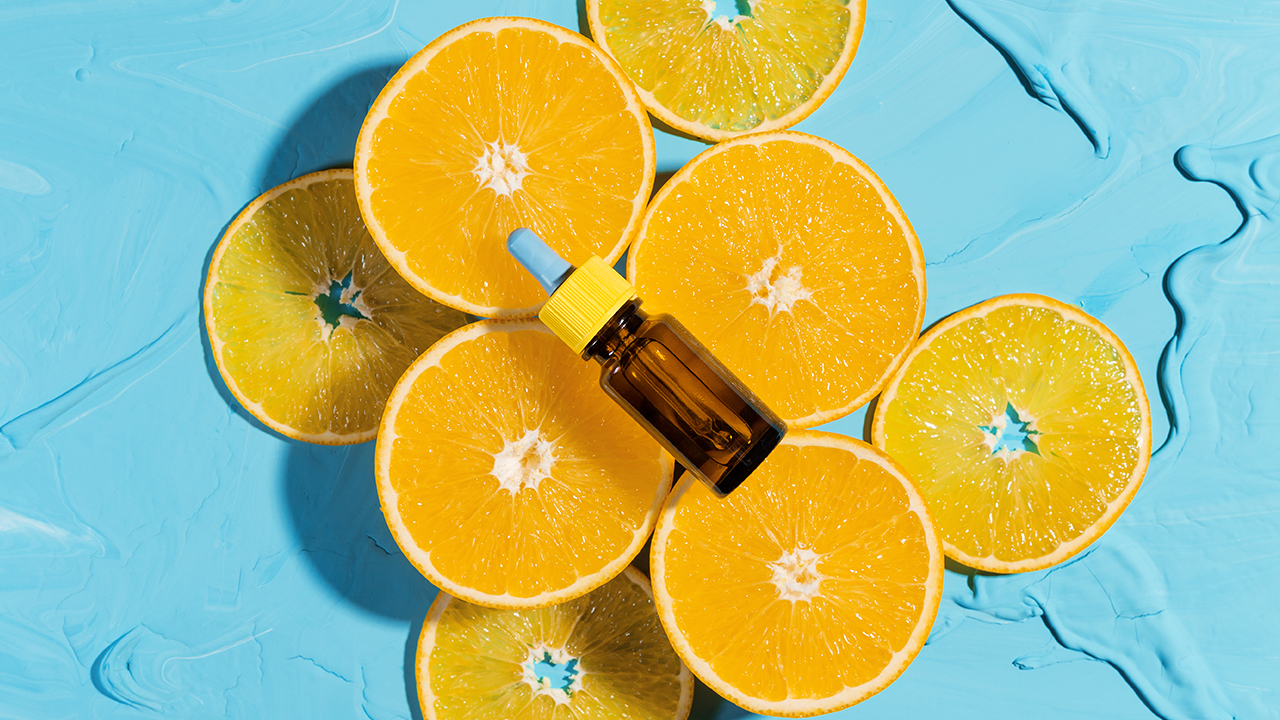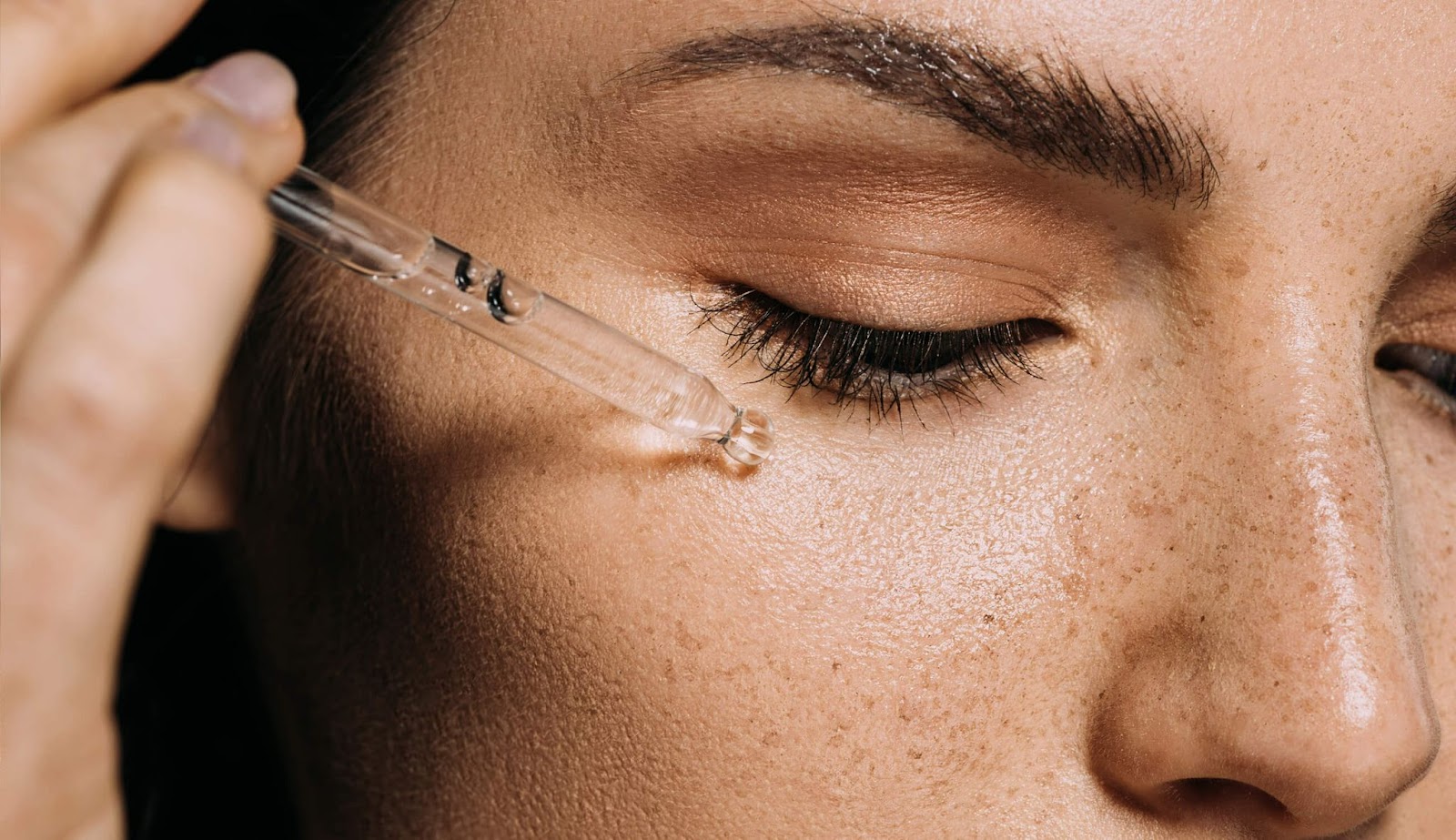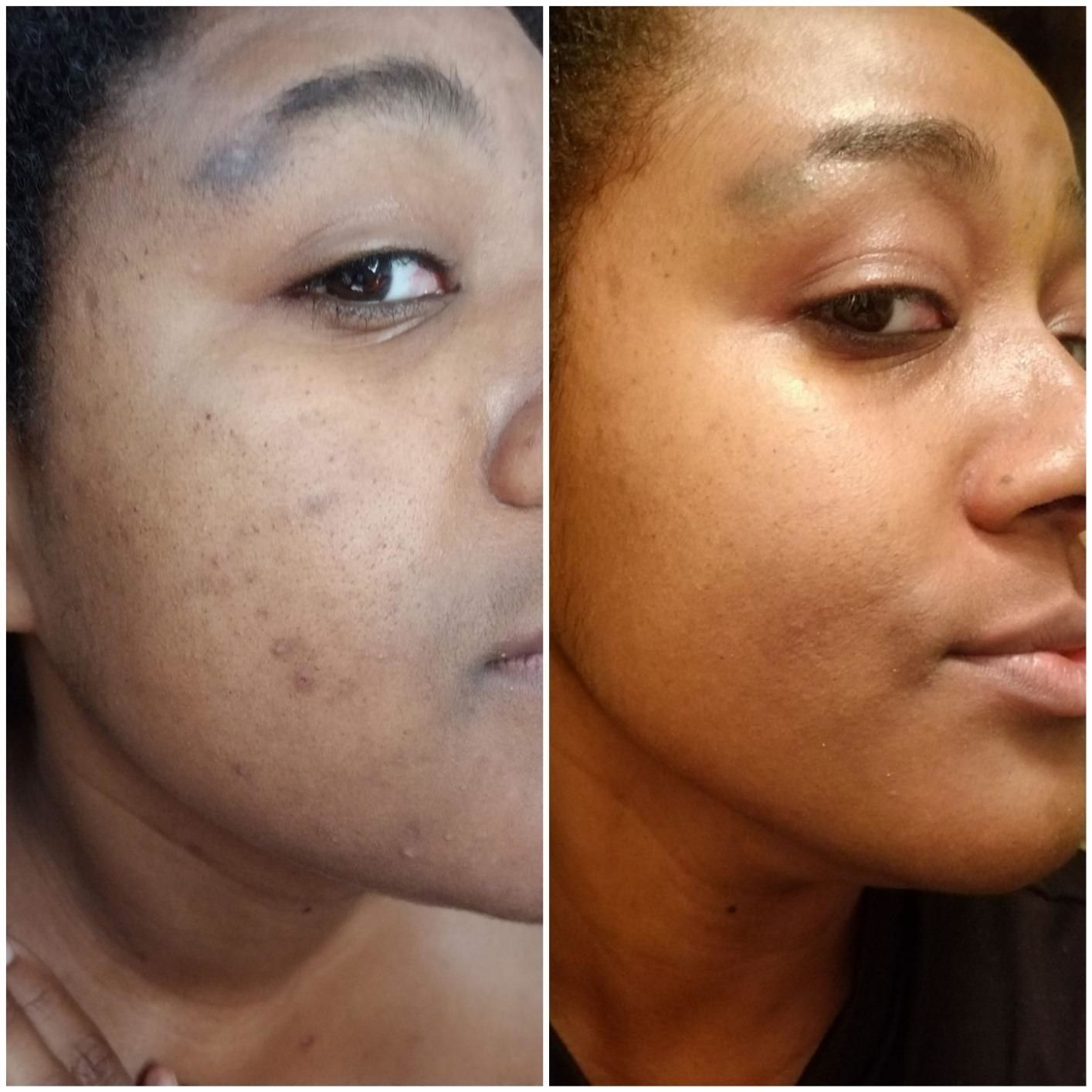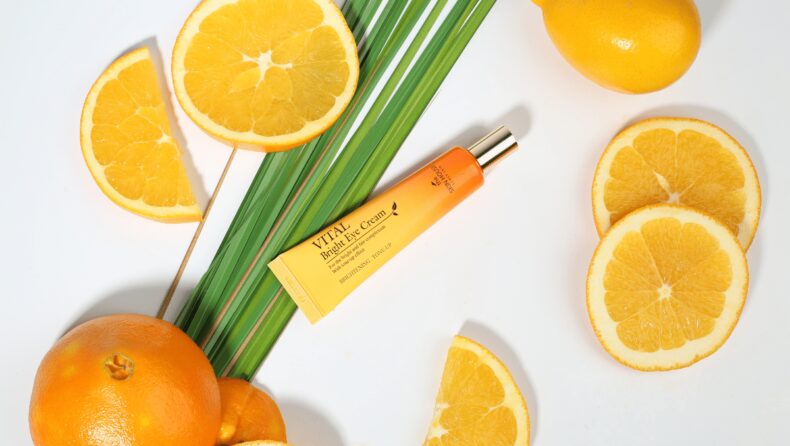Do’s and Don’ts of Vitamin C
If you’re a skincare geek, you have likely heard of Vitamin C. The ingredient vitamin C is something that many connoisseurs swear by.

Vitamin C is the benchmark of the best ingredients in the market for pro-ageing support – the key to maintaining a smooth, even and glowing complexion.
It works wonders in treating skin issues like hyperpigmentation, wrinkles, skin texture and uneven skin tone. This product is highly recommended by dermatologists. As all the products and ingredients involved are absolutely safe. But, to start using it in your daily skincare routine there are certain do’s and don’ts you need to take care of.

First, let’s cover the obvious Do’s.
- Applying vitamin C every day
For the best and most effective results, the daily application of vitamin C is essential. If you have sensitive skin or are a beginner using vitamin C, you may have to balance out the frequency and percentage of the amount used.
- Wear SPF with vitamin C
Vitamin C mildly exfoliates the skin, revealing the glowing and radiant skin underneath. The process makes the skin sensitive and prone to damage. Therefore, it is important to layer it with broad-spectrum sunscreen during the daytime.
- Store the product in a cool and dark place
Vitamin C comes in a dark bottled container, this is to prevent the direct penetration of UV light and to prevent oxidants and retain their potency. If your product is transparent in colour and notices you change in colour to pale yellow or yellow. The Vitamin C serum has lost its potency and will not give effective results. Hence, ensure to purchase a dark-bottled vitamin C.
- The pH of vitamin C
If the pH of your vitamin c is anywhere between 3-3.5 or even 2.5 to 3.5, your vitamin C will likely give the best results. However, if the pH gets higher there is not enough to no active vitamin c in the product.

Also read: What Does Face Serum Do For Your Face?
Don’t:
- Combining it with retinol
Once you’ve applied vitamin C, avoid using anything that may contain retinol or niacinamide. The reason is: the ph level of the ingredient does not interact well. This makes both the ingredients ineffective and offers your skin no benefits at all.
- Formulation of vitamin C
If vitamin C destabilised, then it will also destabilise other ingredients. So, it should never be in your sunscreen. Hence, do not expect vitamin C to be any part of your sunscreen













